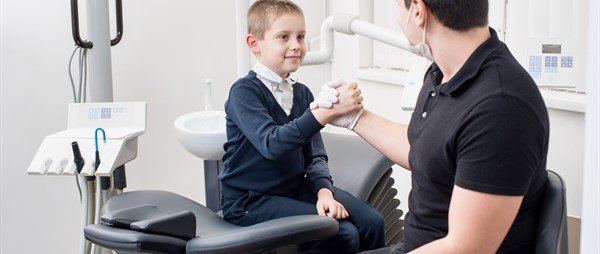
When clinical trials fail - Emily Crossley
27 October 2020
It’s been a very difficult two weeks for research and clinical trials in our community. Last week, we found out that Santhera were stopping their Phase 3 SIDEROS study with Puldysa® (idebenone). They will also stop providing the medicine via the Early Access to Medicines Scheme.
And late last night the news broke that the Phase 3 PolarisDMD trial of edasalonexent, run by Catabasis, had failed to meet both its primary and secondary endpoints and will be stopped.
Both of these trials directly affect families in the UK who had taken the brave step to put their sons forward for trials. And our hearts go out to them today.
Taking part in a clinical trial is a huge commitment. It’s not just the time you put in as a family but also the physical demands made on your son – the hospital visits, the blood draws, the timed function tests. Your son also commits much of his precious time (sometimes up to two years) to be part of a study.
Of course, it’s also the EMOTIONAL investment you make: the investment in hope; the investment in the glimmer of light that you have now been given a little bit of control over this disease, and that your son may be one of the first to have been given a chance to have a different life, the one you imagined for him before Duchenne.
This is why families are so devastated when trials fail. And, to make things worse, the company can’t even tell clinicians running the trials that they have been stopped. So the clinicians often won’t have time to contact the patients on their trial, and why many families find out about clinical trials through social media – often right out of the blue.
The reason for this is because many smaller companies developing treatments, including Catabasis and Santhera, are listed companies, so they are obliged by financial law to release news of trials publicly.
We need to continue to work hard to make sure families get the right emotional support during these very difficult times, and this is something Duchenne UK is working on through the DMD Hub.
We will work with the companies to make sure the data collected during the studies is made available to the community. This will help our understating of the disease, aid clinical trial designs and help with future drug approvals.
The reality of drug development is hard. It is challenging. But Duchenne UK will stay focused and keep pushing. We will continue, with your help and support, to fund a broad array of approaches to give us the greatest chance of success in the future.